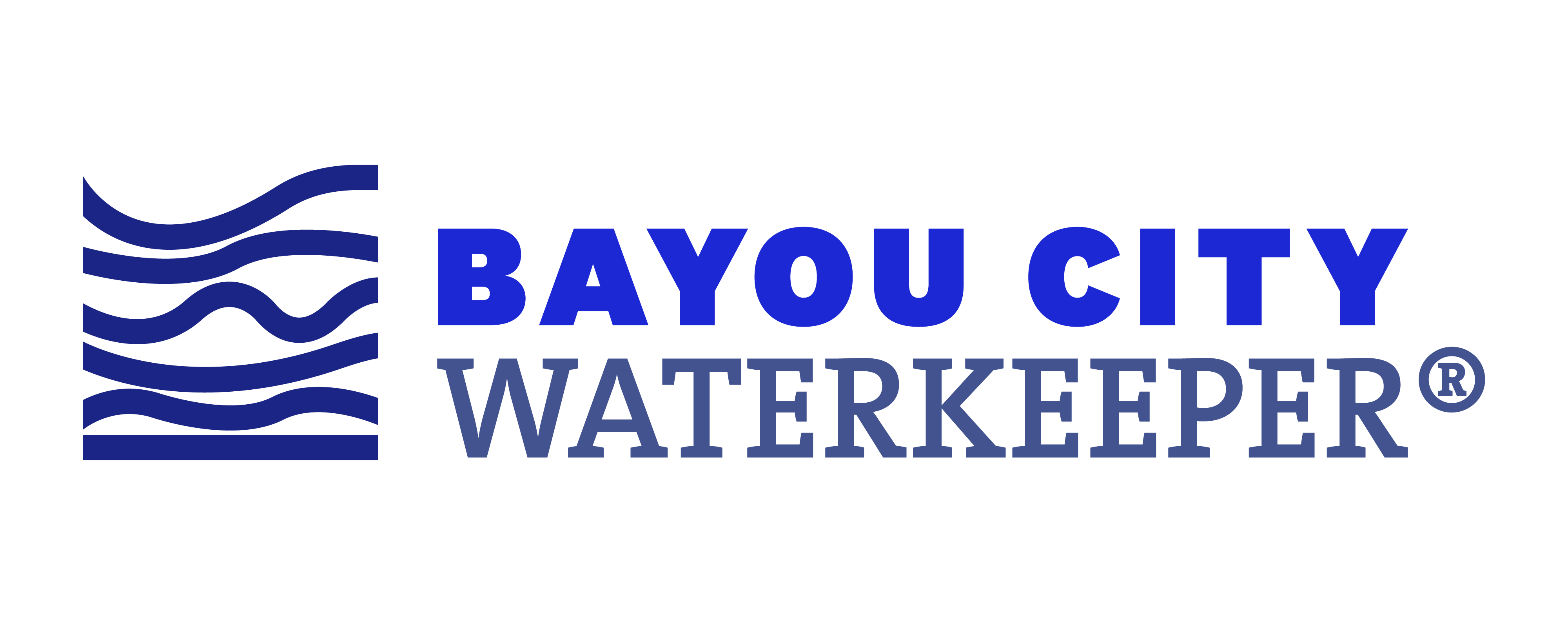 Last Friday, Bayou City Waterkeeper filed a brief in federal court, alerting U.S. District Judge Charles R. Eskridge, III, to several shortcomings in the City of Houston’s $2 billion sewer settlement, including the failure to address environmental injustices, overflows affecting private homes, and community engagement over the next 15 years. Last month, federal and state regulators asked Judge Eskridge to approve the settlement as a final court judgment without resolving these concerns.
Last Friday, Bayou City Waterkeeper filed a brief in federal court, alerting U.S. District Judge Charles R. Eskridge, III, to several shortcomings in the City of Houston’s $2 billion sewer settlement, including the failure to address environmental injustices, overflows affecting private homes, and community engagement over the next 15 years. Last month, federal and state regulators asked Judge Eskridge to approve the settlement as a final court judgment without resolving these concerns.
Below, read more about the background of the lawsuit and settlement, and review maps showing environmental injustices in the City’s sewer system.
Bayou City Waterkeeper sued the City of Houston to address thousands of unchecked overflows over several years
For decades, the City of Houston’s sewer infrastructure has plagued its residents and waterways with thousands of discharges of untreated sewage. These discharges, known as overflows, take many forms. Rainstorms carry hundreds of thousands of gallons of untreated wastewater into Houston’s bayous. Raw sewage pools in neighborhood green-spaces and elementary school grounds. Toilets back up into families’ homes. Whatever form an overflow takes, it dirties Houston’s water, harms public health, and potentially violates the federal Clean Water Act.
In July 2018, we analyzed five years of data and served a notice of intent to sue the City for over 9,000 Clean Water Act violations. The United States and State of Texas filed this enforcement action 59 days later and immediately sought a stay. The parties claimed they had been negotiating a consent decree for years, conceding negotiations had lapsed for a year after Hurricane Harvey and did not resume until after we sent our notice letter.
City of Houston negotiates $2 billion settlement with regulators without meaningful consultation with Houston communities
Even after the Court ordered that Bayou City Waterkeeper be included as a party to the lawsuit, as the plaintiffs and City restarted negotiations, they excluded our participation. And despite the city-wide nature of Houston’s sewer problems, no efforts were made to consult with the public. Mayor Turner attempted to avoid any public oversight by imposing a punitive secrecy clause on City Council before the decree was final, defaulting public participation to the legally required comment period.
During the public comment period, Bayou City Waterkeeper, along with 79 individuals and organizations, identified several problems with the consent decree’s provisions, including the:
- Failure to fully account for the causes of sewer overflows;
- Failure to address private sewer laterals, which cause sewage to back-up into homes and are costly to repair;
- Failure to address environmental injustices consistent with federal civil rights law;
- Minimal plan for public participation, which ignores the City of Houston’s antipathy toward community engagement; and,
- Assessment of a penalty that is low given the failure to include local environmental projects or other community-centered provisions (as the City promised in August 2018).
Last Friday, we asked the Court to hold a hearing and require the City of Houston to account for these shortcomings.
Bayou City Waterkeeper’s maps confirm environmental injustices in sewer settlement
In 2016, the Houston Chronicle reported that lower-income communities and communities of color are “most likely to feel the consequences of Houston’s long-running struggle with sewer overflows.” After federal and state regulars did not take these concerns seriously, we updated this analysis by looking at the City’s more recent data. By examining the City of Houston’s more recent data, Bayou City Waterkeeper’s fellow Naomi Walker, working with Dr. Lauren Ross, confirmed that these environmental injustices are still present and concluded that neither the sewer settlement nor planned Capital Improvement Projects account for these disparities. In asking the Court to help the parties resolve this glaring oversight, we included the maps below.
Low-income Houstonians deal with a higher number of overflows, which the City of Houston has not yet addressed.
[pdf-embedder url=”https://bayoucitywaterkeeper.org/wp-content/uploads/2020/09/Low-income-communities.pdf” title=”Low-income communities”]
Black Houstonians deal with a higher number of overflows, which the City of Houston has not yet addressed.
[pdf-embedder url=”https://bayoucitywaterkeeper.org/wp-content/uploads/2020/09/Black-communities.pdf” title=”Black communities”]
Latinx Houstonians deal with a higher number of overflows, which the City of Houston has not yet addressed.
[pdf-embedder url=”https://bayoucitywaterkeeper.org/wp-content/uploads/2020/09/Latinx-communities.pdf” title=”Latinx communities”]
Chinese Houstonians deal with a higher number of overflows, which the City of Houston has not yet addressed.
[pdf-embedder url=”https://bayoucitywaterkeeper.org/wp-content/uploads/2020/09/Chinese-communities.pdf” title=”Chinese communities”]
